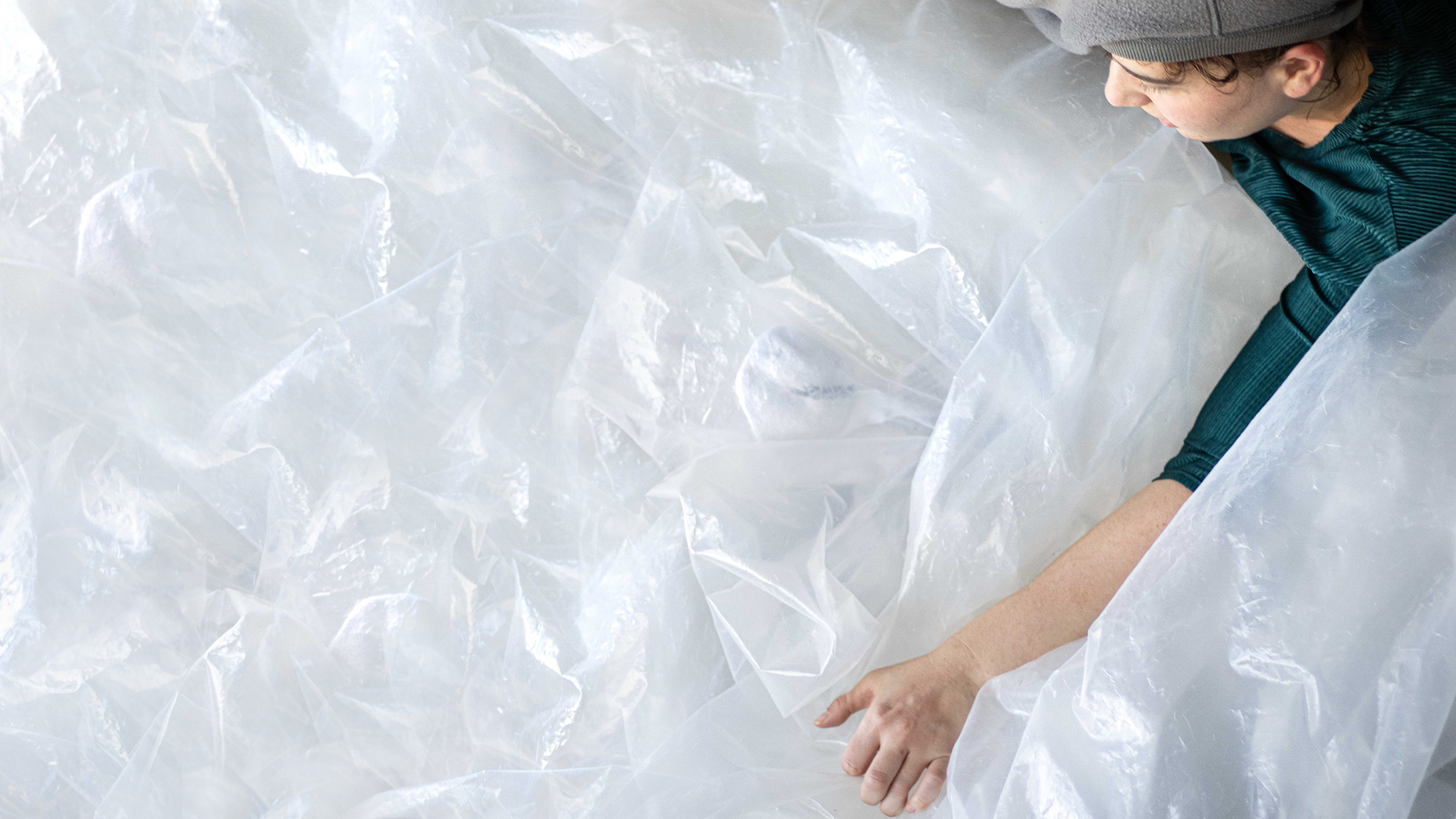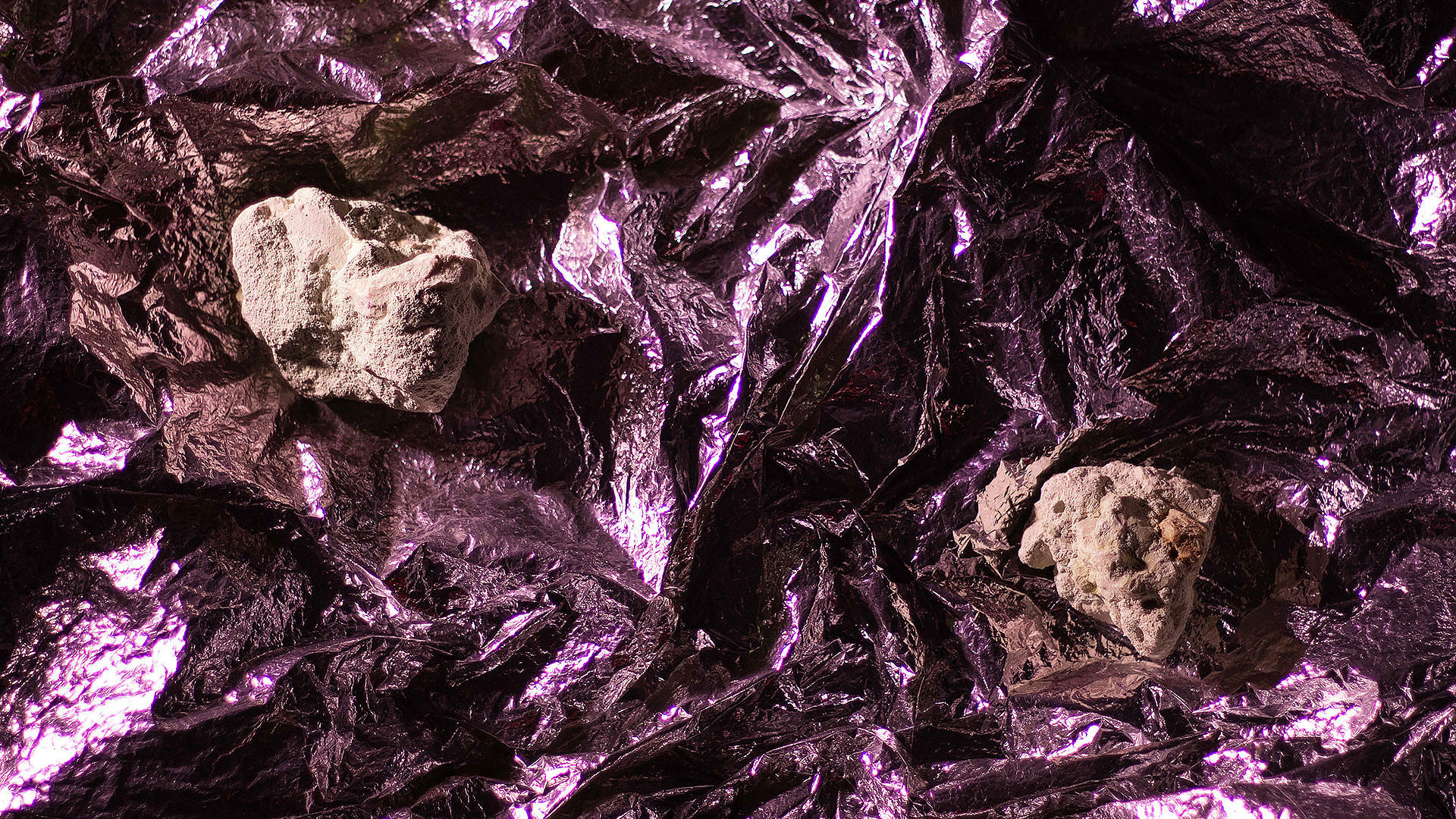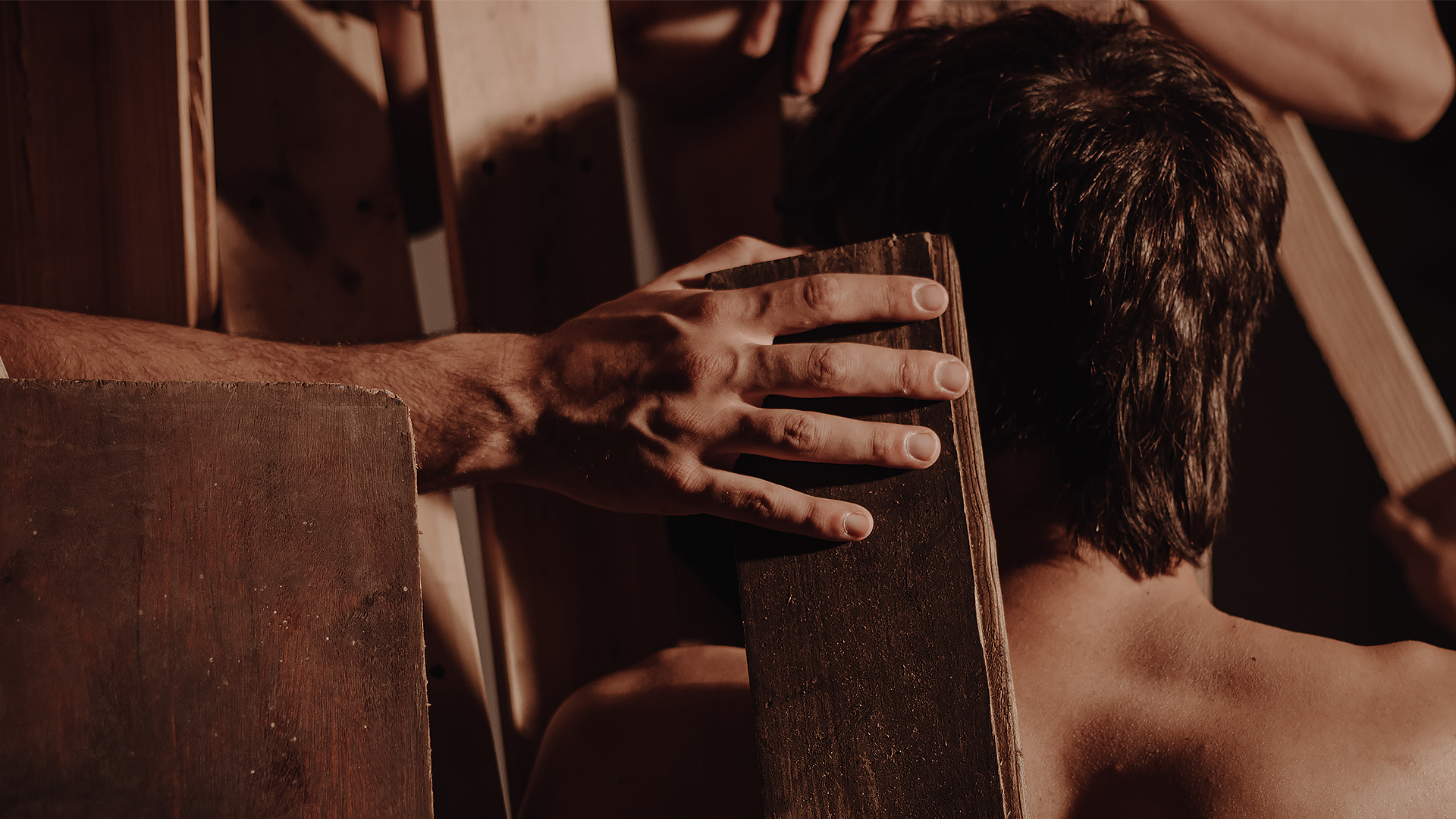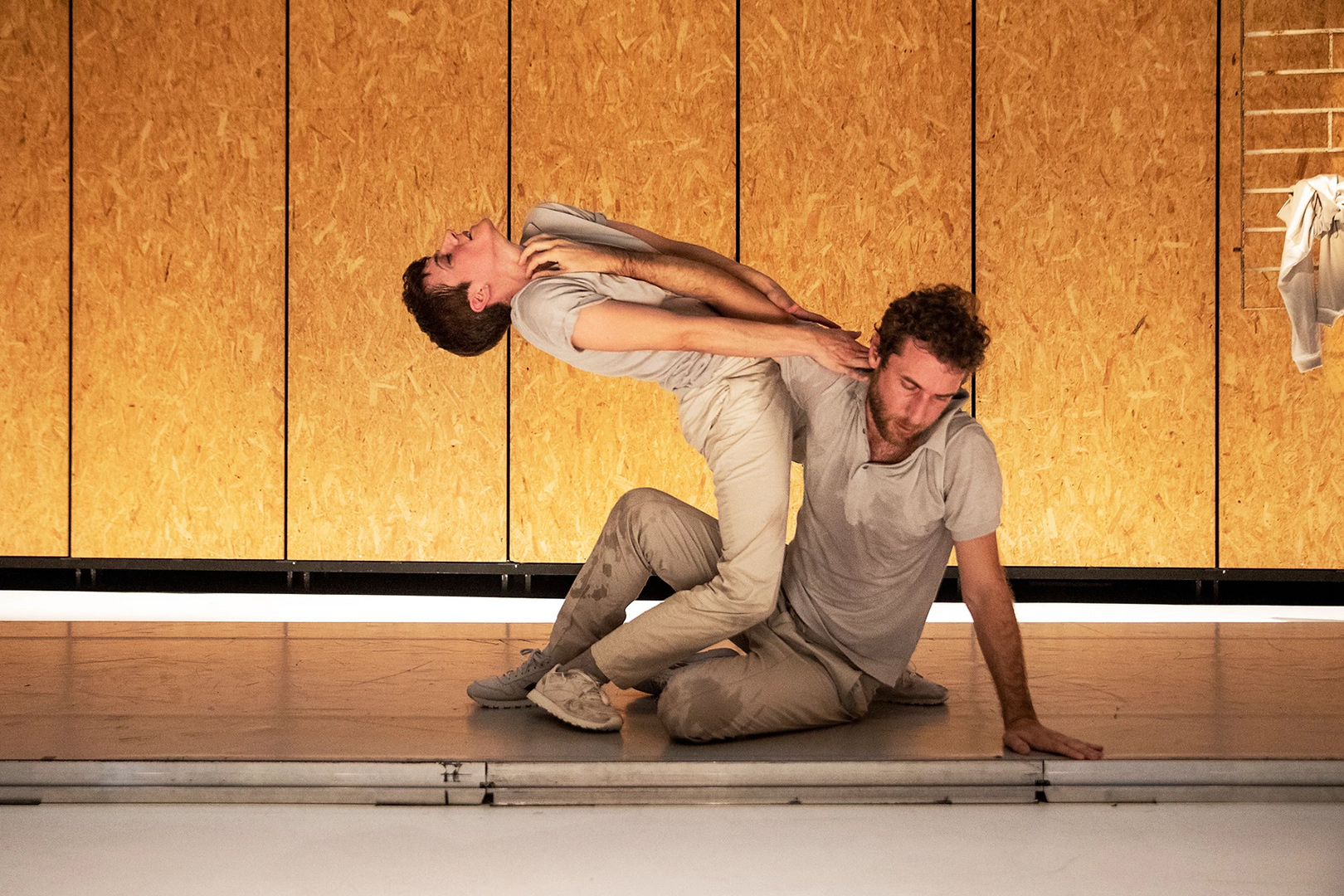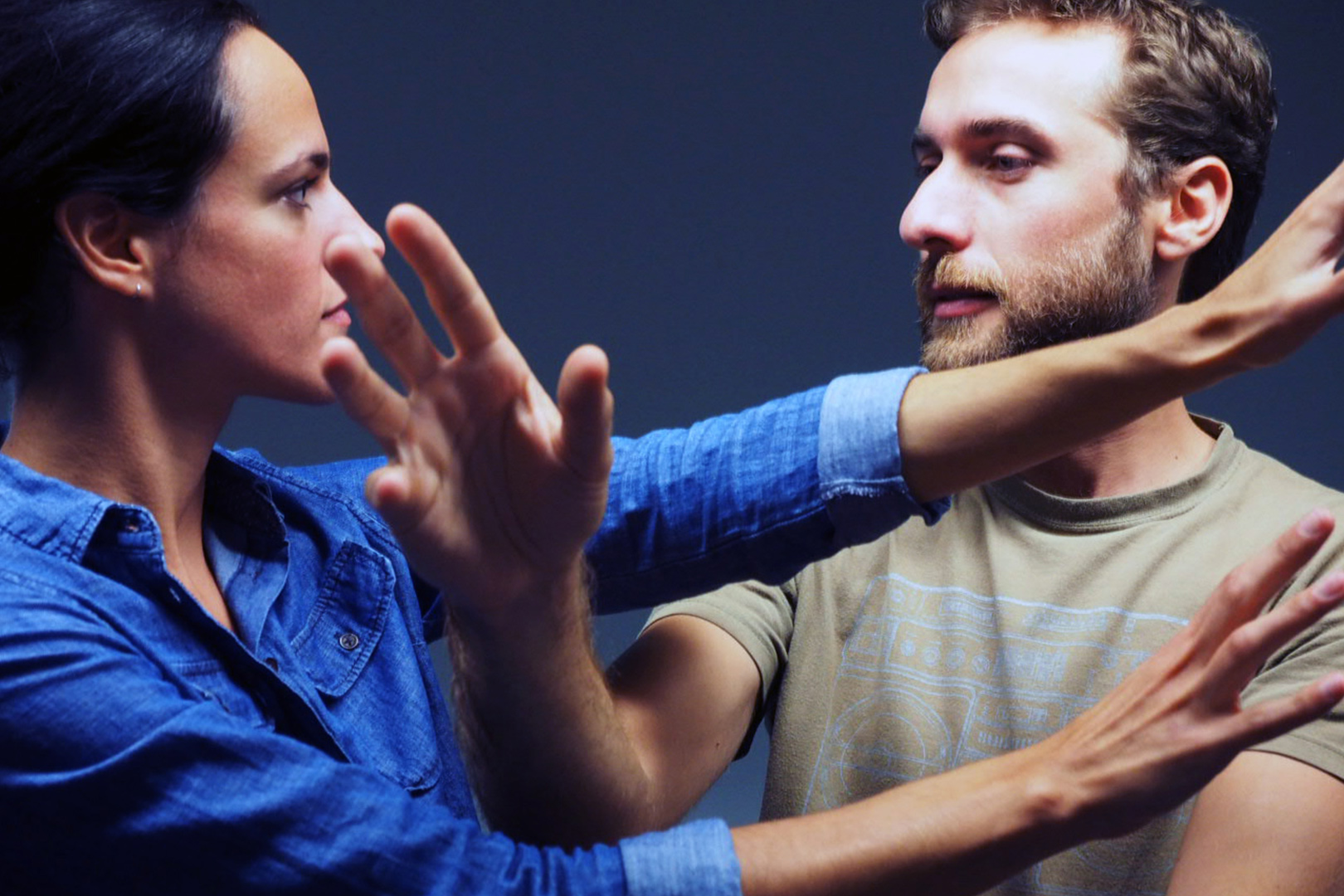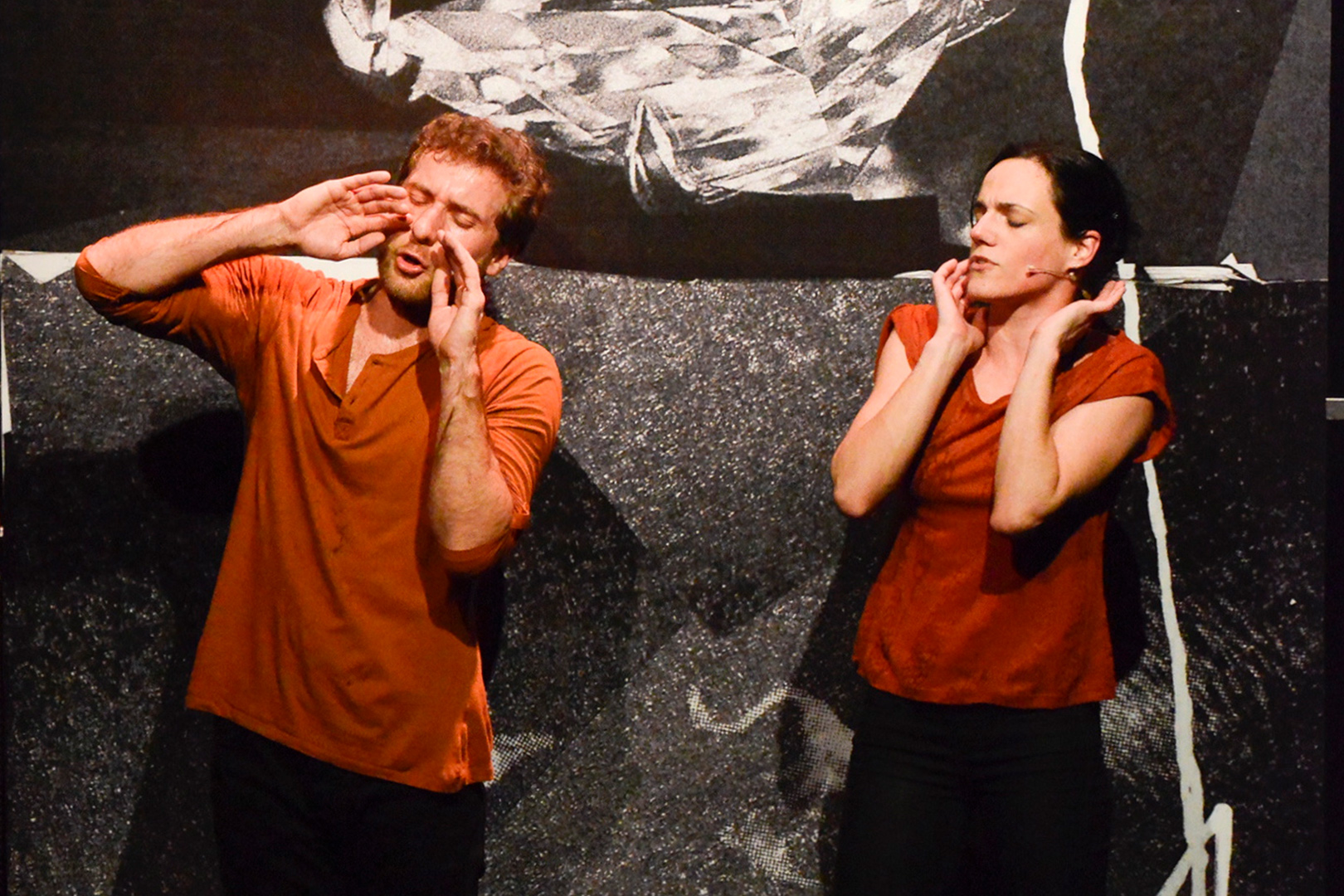PACAP 6
Participants
Biographies
Select each of the sections below to meet the artists participating in PACAP 6.
Bobby Brim (FR)

Bobby Brim is a transdisciplinary artist who composts their soul according to the cyborg entities they meet on their way.
Fluid, creator of images, installations, sounds and digital troubles, they are working on producing data-producing monsters and exploring autonomous worlds.
Pixels, decibels, waves, bodies and collectives are the concrete materials that allow them to probe the transgressive spaces in a post-conspiratorial world.
Camilla Morello (IT)

Camilla Morello’s artistic research, the result of eclectic interests and training, builds on the interdisciplinarity between theatrical language, dance and performance, having also been related with video, photography and installation. Graduated at the Scuola Nazionale di Cinema in Rome as actress, after a degree in Anthropology (La Sapienza University, Rome) and studies of art, philosophy, and aesthetics (Univesité Paris 8) moves to Lisbon where he specializes in the biennial course of Olga Roriz’s dance- theater and attends workshops with various artists. Worked with Tamara Cubas, Miguel Moreira, Miguel Pereira, Catarina Câmara, Maurícia Neves, Mickaël de Oliveira and Nuno M. Cardoso among others.
Her first solo “Uma peça dançada – abordagem semi-séria do vazi” was presented at Centro Cultural de Belém. Created the performance “Common Land” for non-conventional spaces. She dedicated herself to the exclusive study of the photographic medium from which the project “Enclosures” resulted and which was followed by the video-art work “Dissonances” (Projeções – Balleteatro, Coliseu do Porto). Invited by Festival Cumplicidades within the framework of the Tandem Shaml program she collaborated with the artists Inês Campos, Mohamed Abdelkarim and Mostafa El Barrody to create the installation work “Documenting Questions”. Her solo “Urna”, with which she was selected as artist in residence for Festival Linha de Fuga 2018, premiered on Palcos Instáveis platform 2020 – Teatro Municipal Campo Alegre. It was presented in 2021 at MAPS – Mostra de artes performativas de Setúbal, and in the Ciclo de Teatro e Artes Performativas Mimesis (Teatrão, Coimbra). In 2022 she premiered “É Como Dançar Por Cima de Manteiga” and, in collaboration with Maria Inês Marques, “Holobiont”.
Connor Scott (UK)
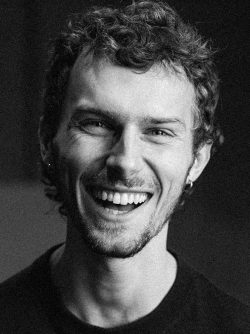
Connor is a performer and dance maker born and raised in the northeast of England. They’re background in movement stems from their studies in martial arts, breakdance and most prominently Latin and ballroom dances. Their practice is shaped through various intersections of performance from choreographic and movement research to texts, interviews, and archives. In their own dances they often work with the notion of people as an already existing choreography, looking at how to generate a collective energetic event departing from the hope in which dance instils within them. They are currently investigating how to disappear and reappear in the act of dancing…
Estrellx Supernova (US-GUAT)

Estrellx (they/them/elle) is a queer, Afro-Central-American-American choreographer, performer, curator, writer and somatic entrepreneurial brujx. Choreographically, Estrellx integrates club spaces as sites of generative dissonance and asks, “Are we celebrating or mourning or both?” They implement Qi Energetic principles, divination, improvisation, and club dancing into their ritualistic performative language and conceive of choreography as an intimate practice of embodied excavation.
Lorea Burge (UK/ES)
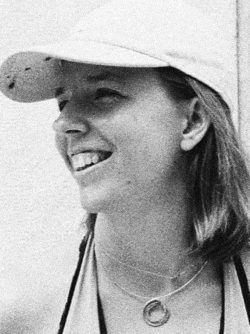
Lorea is a dance artist trained at Laban (2011-2014), and is informed by improvised performance, doing as practice, live music and singing, and most recently House. She is one of Unbaptised Infants (est. 2015) with Hannah Parsons (UK) and Josefina Rozenwasser (AR), creating experimental sound-dance shows, and in 2022 were resident artists at MACBA & LCE. As a performer, Lorea has worked with Charles Linehan (UK), Seke Chimutengwende (UK), J N Harrington (UK) and Ehryn Torrell (CA) among others.
Lucas Damiani (UY)

Lucas Damiani (he/they) is a Uruguayan artist working-researching in the intersections of Visual and Performing Arts, with specific background studies in Photography, Psychology, Contemporary Dance and Performance. Born and raised near the sea in Montevideo, he has then lived, studied and worked in Madrid, Amsterdam and Berlin. Currently in Lisbon in the context of PACAP 6.
Marcelo Castro (BR)
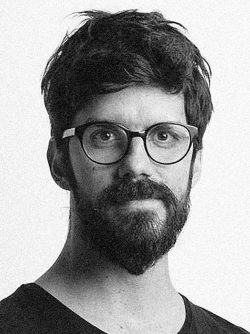
Marcelo Castro is a scene artist. He is currently investigating walking as an aesthetic practice. He is interested in the poetics of space, encounter, and chance. In the theater, he developed his work in partnership with several artists and theater companies. He was a founding member of Grupo Espanca! where he remained for 13 years, acting, and directing.
María Ibarretxe (ES)
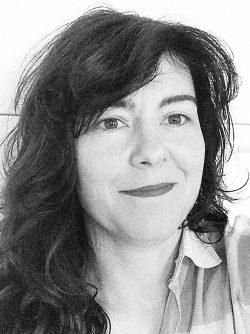
María Ibarretxe is a visual and performing artist who combines various mediums including film, sound, installation and choreography. Her live performances and installations simulate cinematographic experiences in which the audience becomes part of the action. Her work is driven fundamentally by artistic research–inspired by the culture and context of each individual project.
She studied drama art in Basque Country and direction at the EICTV/Cuba. In 2002 she co-funded with Alaitz Arenzana the artistic collective Sra Polaroiska, obtaining awards such as Gure Artea for best creative activity in Basque Country 2017, Ertibil 2012, Choreographic Contest of Madrid 2012 or INJUVE 2003 (Ministry of Culture of Spain). They were associated artists in Azkuna Zentroa 2019-2021. Parallel, Ibarretxe collaborated with Koen de Preter in Belgium, Renate Keerd in Estonia and Miriam Sedacca in Japan.
Since 2014, Ibarretxe has developed a project-process that reflects on states of mourning throughout different residencies in Belgium, South Korea, Japan, up state New York and Kurdistan Irak.
Mariana Catalina Iris (UY)
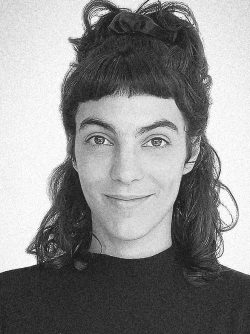
I am a transdisciplinary researcher and creator working between performing arts and installation. Manager and producer at the Center for Contemporary Practices CROMA (UY) and cultural
projects aimed at children. I studied at the National school of Dance (SODRE – UY), at the Bachelor of Plastic and Visual Arts and at the Bachelor of Contemporary Dance at UdelaR. I had the pleasure of working and collaborating with creators of the living arts such as Carolina Silveira (UY), Lucía Valeta (UY), Lucía Romero (UY), Diego Wizoczynski (BR), Daniel Lepkoff and Sakura Shimada (USA), Max Cuccaro (IT), Abigail Jara (MX), Marko Fonseca (CR) among others.
Rafaela Santos (PT)

Born in Lisbon, in 1972. She is an Actress, Director and Theater Trainer and thinks she has a certain talent for dance. She co-founded Amarelo Silvestre in Canas de Senhorim where she is co-artistic director, together with Fernando Giestas. She has a son and a daughter. Is happy. Often.
She took a Bi-Stage Degree in Theater and Education_ 2007 and a bachelor’s degree in Actors’ Training _1995, at ESTC in Lisbon, after the Actors’ Training Course, IFICT_ 1991. She debuted professionally in 1994 with Jorge Silva Melo, later working with Rogério de Carvalho, John Mowat, Ana Nave, Sandra Faleiro, Bruno Bravo, Maria Gil, Victor Hugo Pontes, Lígia Soares, among others. Receives the award for Best Actress – Teatro na Década_1996.
Silvana Ivaldi (PT/IT)
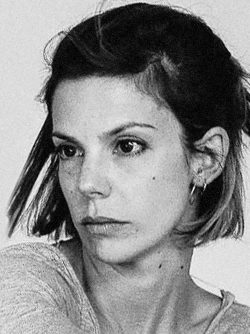
Bordighera, 1987. Graduated in Fashion and Master in Image Design, she makes use of the heterogeneity of her path to think, explore and create poetic forms through visual, performative, and spectacular means. She is a creator, performer, actress, costume designer, art director and graphic designer. She is the founder of Sr. João e Activo Tóxico. She is an associate artist of Cão Solteiro.
Tarli Lumby (UK)

Tarli Lumby is a British dance artist and choreographer currently based in Berlin. With a BA in Art and Visual Culture and many years training and working in dance they have developed a rich interdisciplinary practices focused on contemporary dance and live art. Preoccupied with the exploration of altered states, spirit and mystery; Their choreographic works aim to create immersive sites of encounter where deep states of connection, fantasy and the transpersonal expose the body as an archive of human dreams.
Vanessa Lonau (DE)
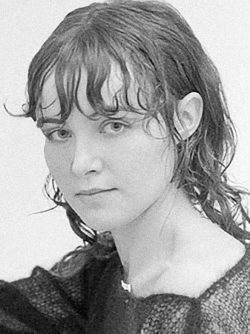
Vanessa Lonau (she/her) is a performing artist from Moldova/ raised in Germany. She works with the entities of gestures and the architectural body in space. She explores different ways of communication and symbols through dream like states which interplay between movement, text, voice, and electronic soundscapes. In her work she’s constantly researching on the relation between body and mind. Her aim is to create a sense of empowerment through the celebration of the body and social practices.
Victor Lattaque (FR)
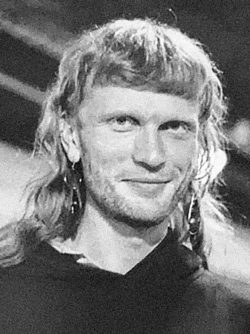
I no longer want to say by courage
I want to present myself to space, to time, to the object, to others through what I am,
I no longer want to walk by will
But to celebrate life out of necessity
I no longer want my good understanding of what I see, what I hear
I want a more unfathomable/penetrating/essential relationship to the living and to all that is attempted
I want to have regards for reality when she is stands beneath my eyes and when I speak about her
I want to hold in esteem the living, the dead and the unborn
PACAP 6 activities
Top banner image credit © Lucas Damiani
Coproducers and Support
Coproducers PACAP 6: Teatro do Bairro Alto and Culturgest
Support PACAP 6: Casa da Dança – Almada, Fundação GDA, O Rumo do Fumo, Alkantara, OPART | Estúdios Victor Córdon, O Espaço do Tempo, Piscina.







